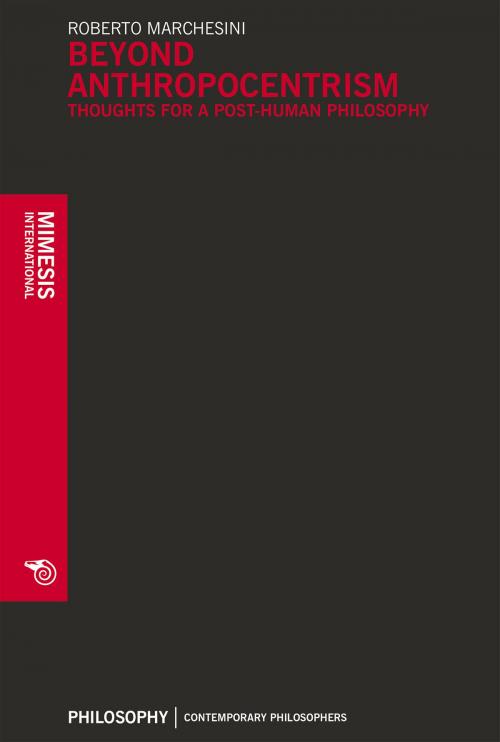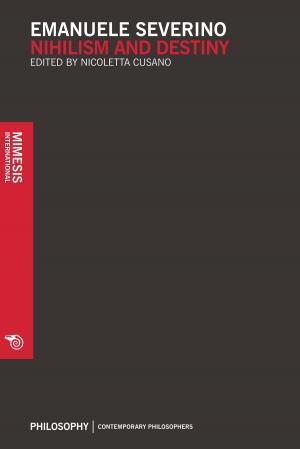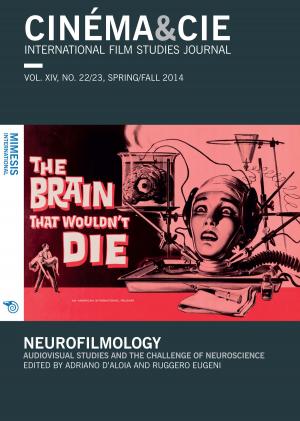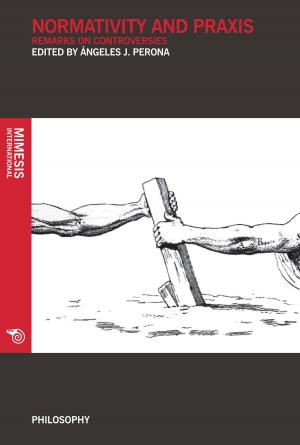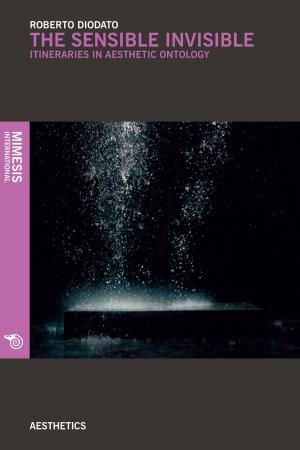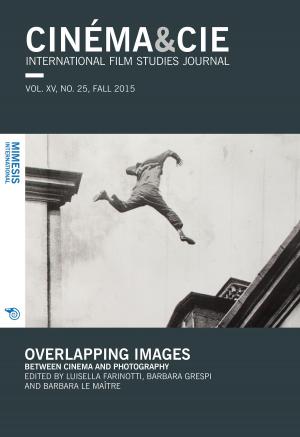Beyond anthropocentrism
Thoughts for a post-human philosophy
Nonfiction, Religion & Spirituality, Philosophy| Author: | Roberto Marchesini | ISBN: | 9788869772061 |
| Publisher: | Mimesis International | Publication: | January 18, 2019 |
| Imprint: | Mimesis International | Language: | English |
| Author: | Roberto Marchesini |
| ISBN: | 9788869772061 |
| Publisher: | Mimesis International |
| Publication: | January 18, 2019 |
| Imprint: | Mimesis International |
| Language: | English |
Roberto Marchesini presents a timely proposal within post-human philosophy in order to overcome the centuries-long separation between human beings, non-human animals and technology. This book highlights the inspiring nature of the relationship with non-human beings – what Marchesini calls “Epiphany” – and how its enhancement can open new existential dimensions. Technology is also reinterpreted, no longer as a performative tool, but as a virus that infiltrates the human dimension and changes its predicates. Technopoietic events are not just the product of human intelligence, but they arise from an epiphany (a becoming alterity), thus positioning technology well within the ontological and somatic dimension of human beings. This book lays the foundations for a new and non-anthropocentric Humanism, which is able to recognize the essential role that non-human alterities have had throughout our history.
Roberto Marchesini presents a timely proposal within post-human philosophy in order to overcome the centuries-long separation between human beings, non-human animals and technology. This book highlights the inspiring nature of the relationship with non-human beings – what Marchesini calls “Epiphany” – and how its enhancement can open new existential dimensions. Technology is also reinterpreted, no longer as a performative tool, but as a virus that infiltrates the human dimension and changes its predicates. Technopoietic events are not just the product of human intelligence, but they arise from an epiphany (a becoming alterity), thus positioning technology well within the ontological and somatic dimension of human beings. This book lays the foundations for a new and non-anthropocentric Humanism, which is able to recognize the essential role that non-human alterities have had throughout our history.
